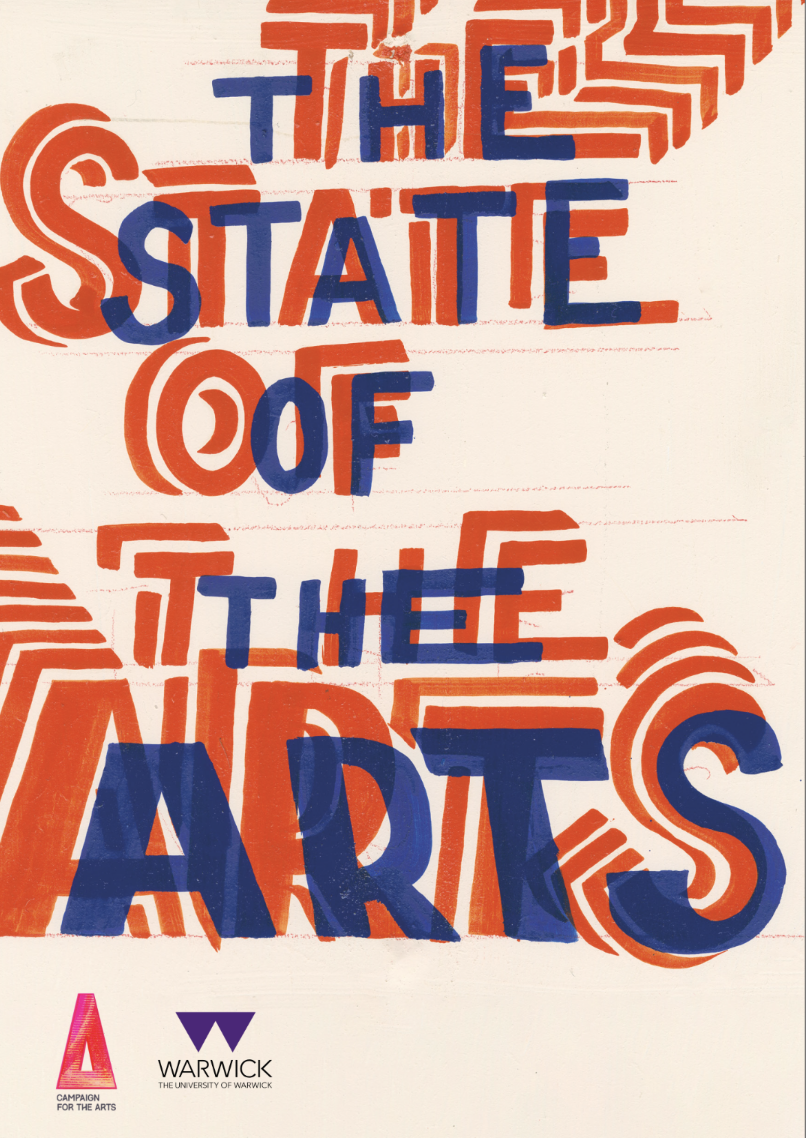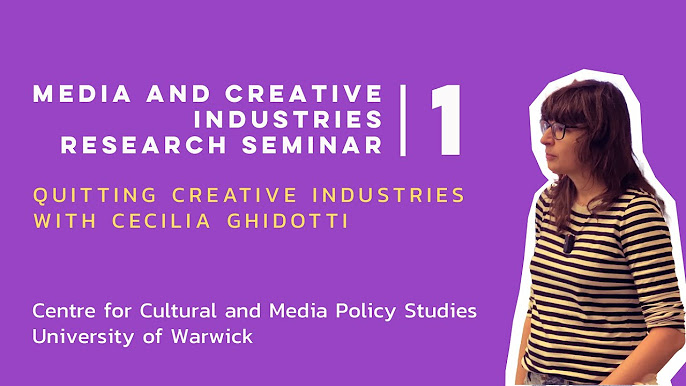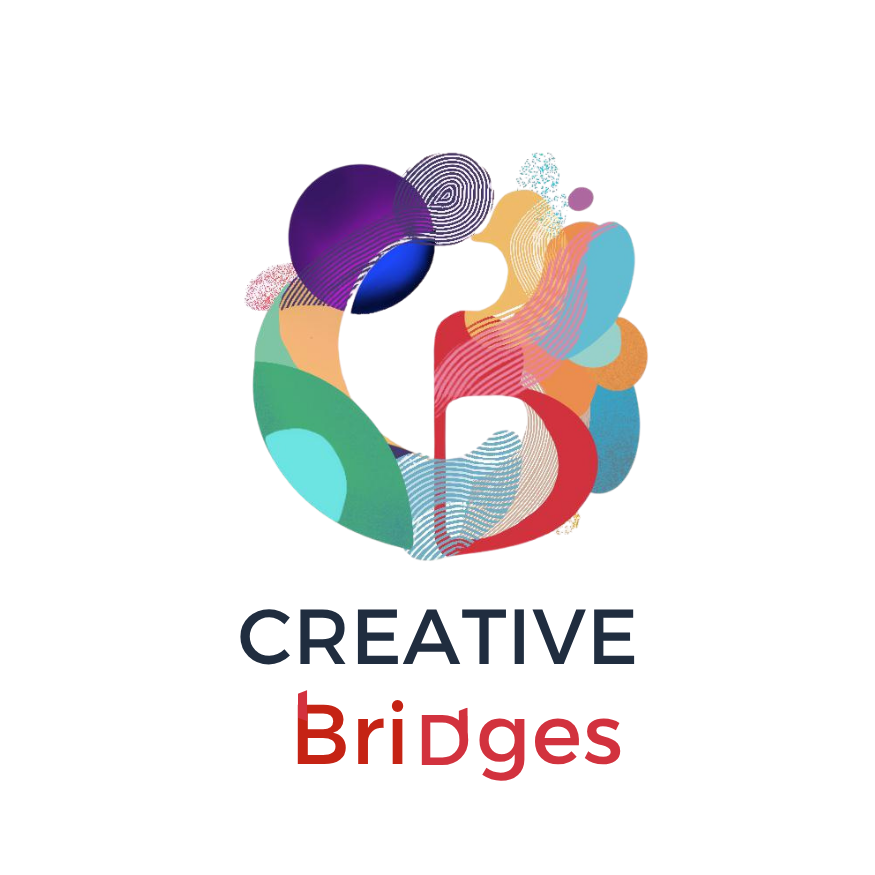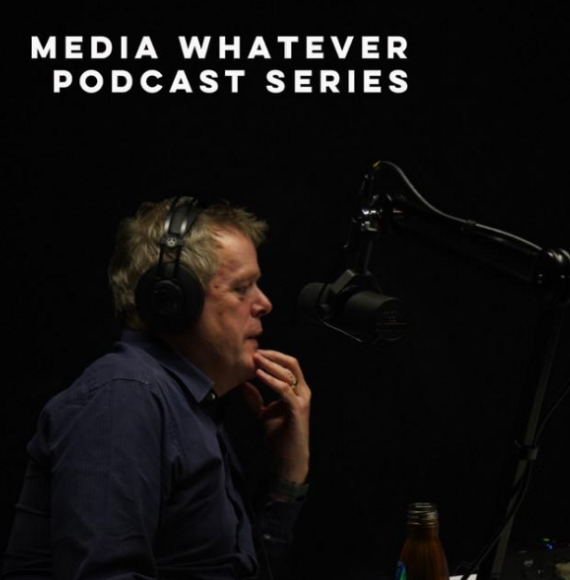hp-01-block
Animation © Catherine Allan; Voiceover Julia Hayball; Sound Effects Chris Maclean
Animation © Catherine Allan; Voiceover Julia Hayball; Sound Effects Chris Maclean
Explore the power, possibility and value of arts, media, cultural and creative industries. What impact do they have in the world? How can we use them to change lives for the better? How will we navigate the future? What will your role be?

This new publication by the Campaign for the Arts and CCMPS's Dr. Heidi Ashton and her colleagues is a health check on the UK’s arts and culture, bringing together vital information and official statistics on arts funding, provision, engagement, education and employment. It was announced in the House of Lords to a group of arts leaders and politicians, including Chris Bryant, a junior minister in the department for culture, media and sport (DCMS), with the support of Melvyn Bragg and musician and lecturer Kadiatu-Kanneh-Mason.
It was covered in The Observer, The Art Newspaper, Classical Music UK, ARTnews, ArtsProfessional, The Daily Telegraph, The Stage, London Arts and Health, and other media
Others cited in the report credits include Dr. Bethany Rex, Dr. David Wright, and the Warwick Arts Centre
Researchers within the Centre continue to extend and define the field of cultural policy and cultural research in areas such as evaluation and impact studies, creative industries policy, heritage projects, implicit cultural policy, memory, media and creativity.
Our research is closely integrated with teaching – our research interests are directly informed by our teaching and vice versa. We have an outstanding reputation for the quality of our research and we foster a dynamic research culture within the Centre and beyond.


We think culture matters. It is important and meaningful, of course. It can have material effects. Culture is built out of materials and matter (natural and man-made materials) and that matters too. We also often ask in our Centre what's the matter with culture? What's wrong or what's right with it and how can we make it matter more.
Explore our blog to see all our latest posts

Centre for Cultural and Media Policy Studies
School of Creative Arts, Performance and Visual Cultures,
Faculty of Arts Building
University of Warwick
University Road
Coventry CV4 7EQ
We are located on the first floor of the building (opp. FAB1.38)
Email: scapvcenquiries@warwick.ac.uk
Want to find out more about our new undergraduate degree? Then register for the next open dayLink opens in a new window
Want to meet us and take a tour of the campus? Then register for a PG VisitLink opens in a new window
We foster a dynamic research culture and have an outstanding reputation for the quality of our research
Our teaching is informed by the latest research in the field